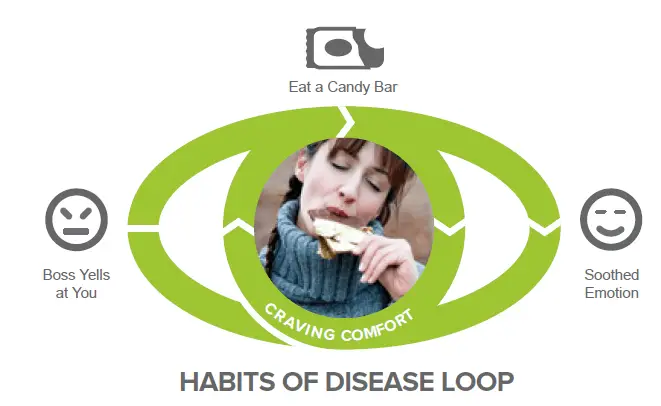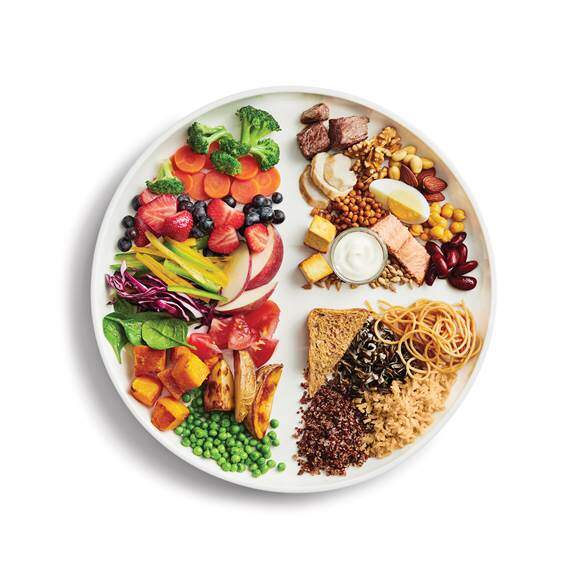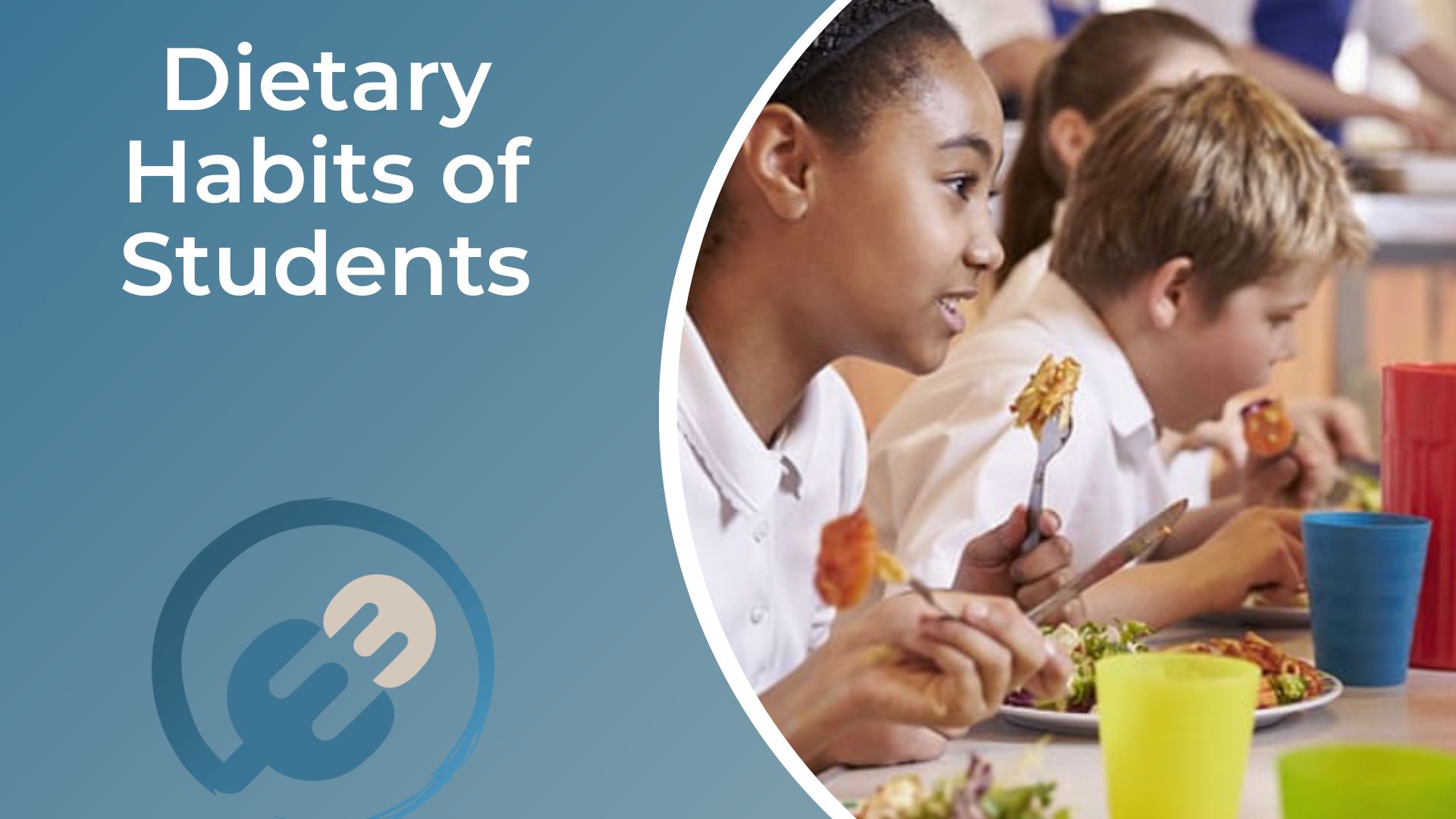School performance and academic achievements have a direct link to how students eat. Yet, many young people neglect their dietary habits and don’t lead healthy lifestyles.
The lack of awareness about healthy eating, poor time management, and misconceptions about cooking and healthy eating forces students to develop bad eating habits.
However, such choices have a life-long impact on all spheres of their lives, including school. So, let’s have a look at students’ dietary habits and how to improve them. Here is everything you need to know (not including supplements for focus).
What are dietary habits, and why do they matter?

Let’s start by answering what dietary habits are and what they mean for people. So, in a nutshell, such habits mean the dietary choices of each individual. Hence, they explain the relationships between people and food and what decisions individuals make regarding their eating choices.
Dietary habits indicate what people eat on a daily basis, including the reasons behind those choices. Thus, ethical or socio-economic reasons are common factors in forming one’s diet.
Other factors may include a person’s lifestyle, health, awareness about nutrients, culture, etc. All these factors determine what someone is having for lunch, what they view as acceptable snacks, or how they treat themselves for dinner.
Reasons behind poor dietary habits
Unfortunately, students are notoriously bad eaters. They often enter college with poor cooking skills or dietary awareness. Also, they are not well-skilled in time management and fall victim to pressure and stress. As a result, they tend to push their dietary needs aside, eating what is available to them at the moment. Hence, they often value affordability, speed, and convenience over nutritious and healthy food choices.
Of course, students are not the only group in such approaches to food. People tend to neglect healthy food norms when stressed, busy, or don’t see the need to improve their dietary habits. Yet, what and how we eat impacts the rest of our lives. Our diet is responsible for our physical and mental health, ability to focus, energy levels, mood swings, tiredness or excessive alertness, etc.
Students’ poor dietary choices create a vicious cycle where they don’t find the energy to cook because they don’t consume enough vitamins and minerals to feel energetic and happy. In such instances, students will benefit better by entrusting their assignment with writepaperfor.me and learning more about healthy diet habits.
How to improve your dietary habits?
To students’ surprise, healthy eating habits start way outside the kitchen. One should work on their lifestyle to improve their relationships with food. Thus, healthy dietary habits start with a change in mindset. Students should look at all areas of their lives, noticing where they can improve.
Usually, sleep and physical exercise come first. A student should control how many hours they dedicate to sleeping and not limit their need for a good night’s sleep. Sleep deprivation affects brain work, including focus, mood, and energy levels. Next, all students need to engage in a healthy amount of physical exercise. Such changes will already help you combat tiredness and normalize your appetite.
Finally, stress plays a big factor in people’s approach to food. Many people are prone to stress-eating or overeating. Others tend to overeat when stressed. Both these approaches are harmful and can affect one’s health and academic performance. So, learning how to cope with stress is an essential step toward healthy dietary habits. Besides, healthy food choices can enhance one’s resistance to stress and anxiety.
Healthy dietary habits tips for students

Any student can easily begin the journey towards healthy eating. It takes one small step at a time. See some simple tips on how to change things around.
Drink a lot of water
Dehydration leads to headaches, irritation, and lack of focus. In addition, drinking a healthy amount of water will improve your metabolism and inner organs’ work.
Don’t skip breakfast
A healthy, hearty breakfast is exactly what a student needs to face the day. Such a breakfast should be rich in protein, healthy fats, and low in sugar. A good nutritious breakfast gives your body enough fuel to wake up and seize the day.
Have healthy snacks
There is nothing wrong with snacking. However, one should know how to approach it in a healthy manner. For one, students should avoid fast energy kicks, like sugary chocolate bars and energy drinks. These products don’t give you any long-term nutrients, and the sugar rush burns the remaining fuel in your bloodstream. Instead, focus on whole wheat crackers, plain yogurt, nuts, dark chocolate, etc.
Don’t ‘diet’
Sitting on a diet to lose weight remains a very controversial concept. There isn’t much proof that limiting certain foods over others helps long-term weight loss. Instead of limiting yourself to foods, try to better balance what you eat. Losing weight should come naturally, over time, and as a result of physical exercise and a balanced, full-rounded diet.
Enjoy what you eat
Most importantly, a student should learn how to build a healthy relationship with food. It is not an enemy or a solution. It is the fuel that keeps your body and mind going. It is essential for maintaining healthy lives, calm minds, high energy levels, and good productivity. However, most of all, it can be an object to enjoy. However, you should focus on the benefits of the food before everything else.



